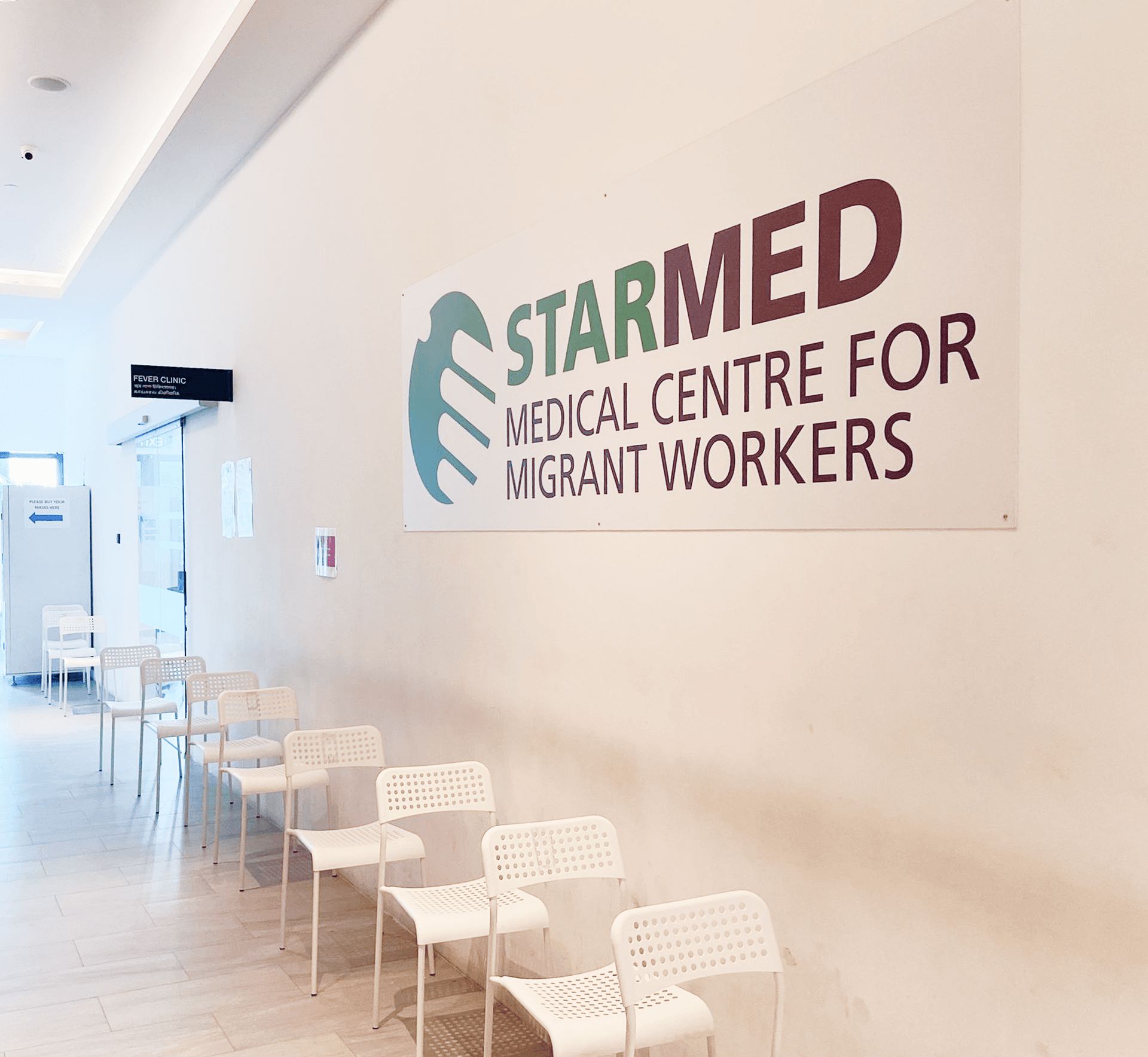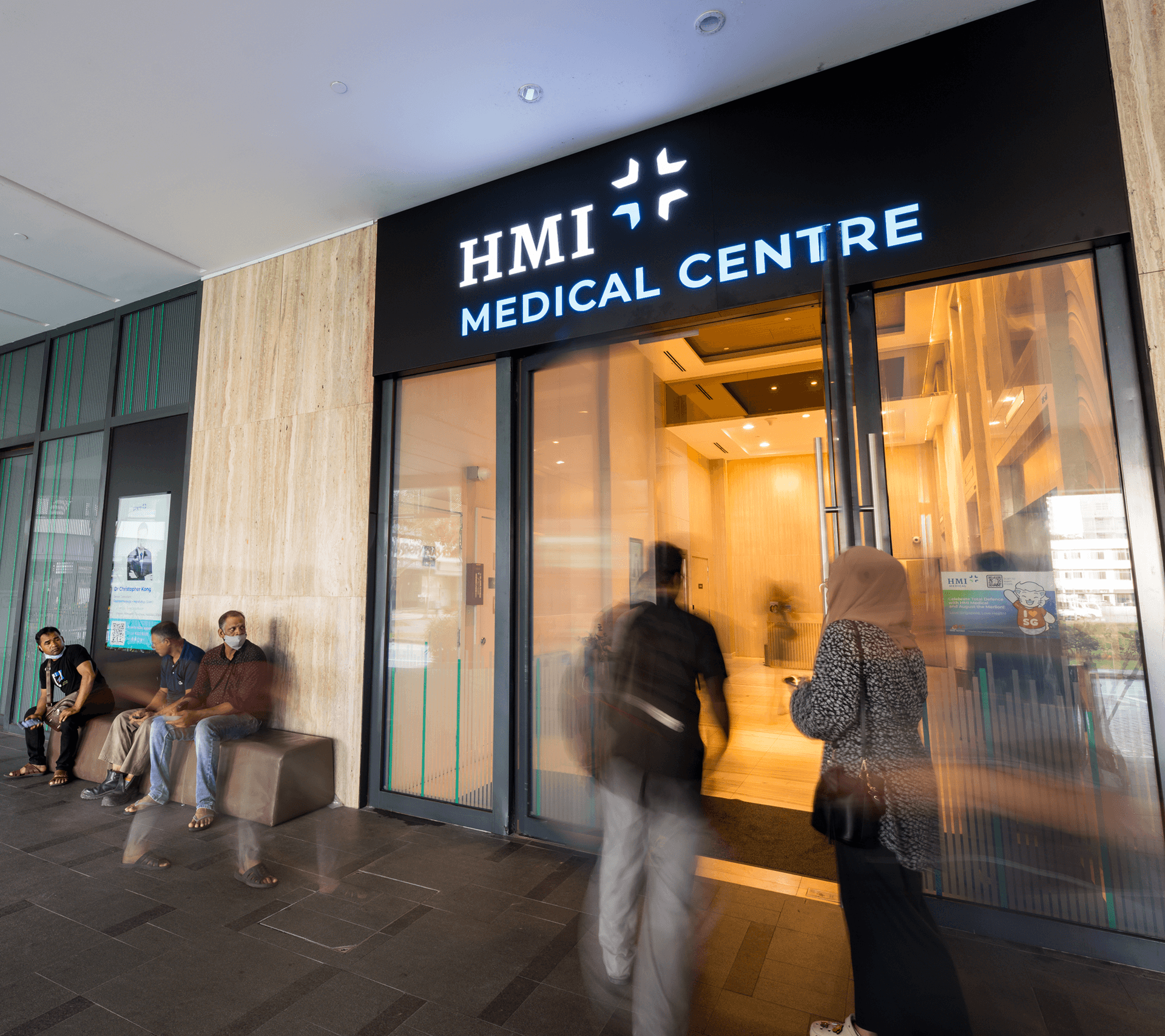


StarMed Medical Centre for Migrant Workers
As an Anchor Operator for Sector A (Central Region), the StarMed Medical Centre for Migrant Workers is dedicated to improving the lives of migrant workers by providing accessible, affordable primary healthcare, tailored to their unique needs.


Visit the new HMI Medical Centre
Formerly known as StarMed Specialist Centre, HMI Medical Centre is Singapore’s first large-scale ambulatory care centre designed to make healthcare simple.
Enjoy the same comprehensive care, from health screenings to specialised services, as HMI Medical Centre continues to be your one-stop solution for all your outpatient needs.

HMI Medical Brands
Discover how our unique operating model seamlessly integrates all our brands, anchored by our core pillars.











